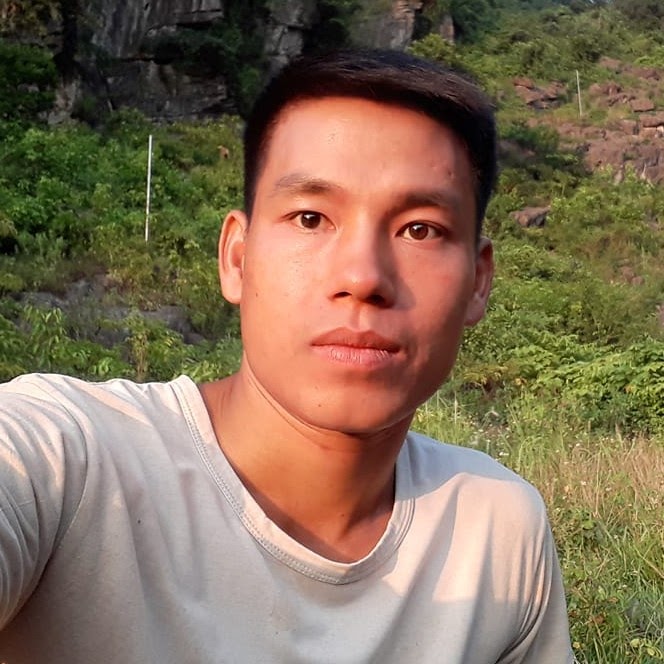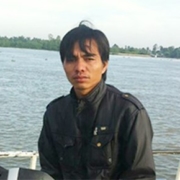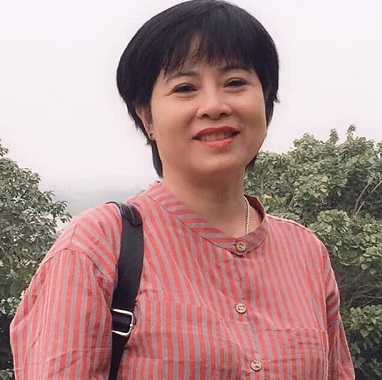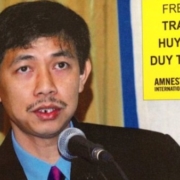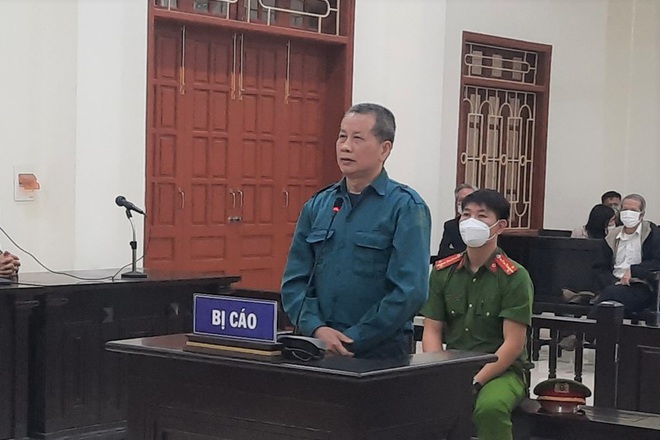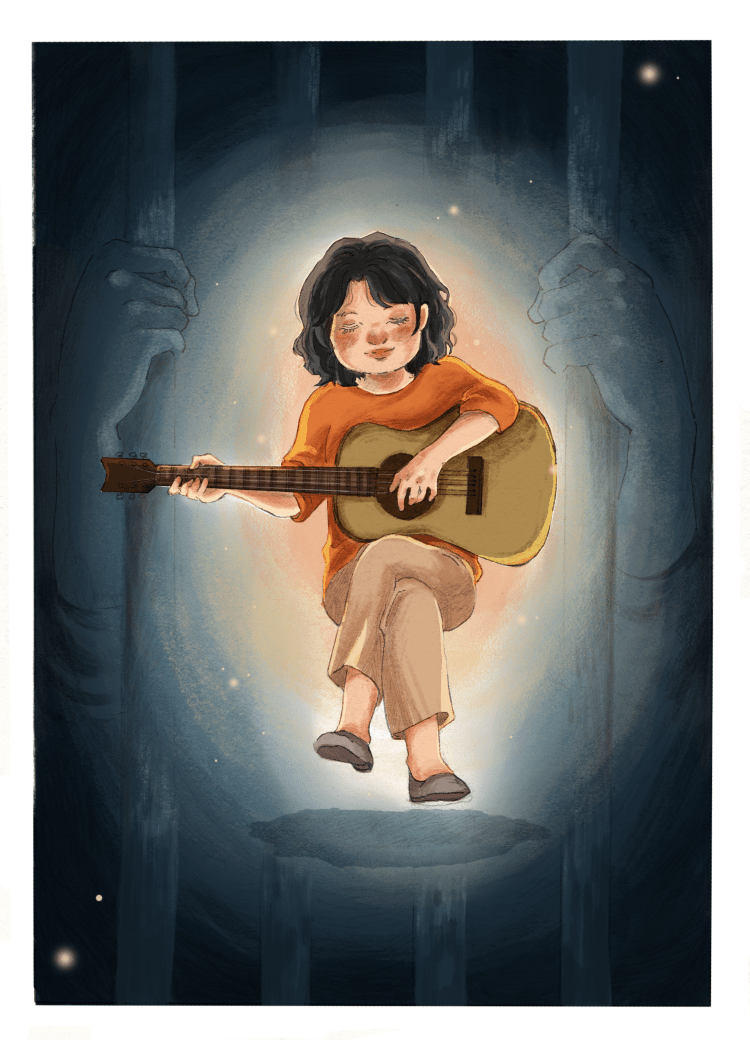UPR mid-term Submission of The 88 Project and Global Human Rights Clinic
November 1, 2021
Today The 88 Project and the Global Human Rights Clinic at the University of Chicago Law School (GHRC) filed a submission to the United Nations Human Rights Council that documents, through first-hand accounts, the systematic suppression of freedom of speech online by the government of Vietnam.
The submission, which was filed as part of the Council’s mid-term review of Vietnam’s compliance with its treaty obligations, contains reports from activists, human rights defenders and academics who have been censored, arrested and, in some cases, forced to leave Vietnam because the government disapproved of their online expression.
Vietnamese citizens pay for their speech with “imprisonment and their own blood,” according to Nguyen Van Hai, who submitted testimony for the report. Since 2019, The 88 Project has cataloged more than 111 arrests of activists and 226 other instances of persecution.
The report documents Vietnam’s use of surveillance, harassment and arbitrary detention to curtail free speech. Exiled Vietnamese pop star and free-speech activist Mai Khoi faced intense police surveillance and online censorship, eviction from her home, and multiple police detentions when she refused to censor her music and encouraged political participation on Facebook. Journalist and former Vietnamese political prisoner Nguyen Van Hai was repeatedly abducted and detained by the secret police for reporting on current events and attending peaceful protests. Activists Trinh Ba Phuong, who reported on the Dong Tam raid that resulted in multiple fatalities, and Dinh Thi Thu Thuy, who posted about environmental rights and education on Facebook, faced routine harassment and intimidation by law enforcement before being arrested and imprisoned.
The violations continue in detention, where citizens who choose to speak are regularly denied access to counsel, face sham trials, and experience severe mistreatment and torture. Dinh Thi Thu Thuy was denied access to clean water, placed in solitary confinement and did not see a lawyer for twelve months while held incommunicado. She received a seven-year sentence, which she is still serving. Her family experiences psychological trauma from their continued experience of police harassment and intimidation.
“The continuation of human rights violations and broken promises from Vietnam shows that it sees the UPR mechanism as nothing more than an inconvenient formality. We believe that unless there is a stronger and clearer message sent from the Human Rights Council and other States about Vietnam’s failure to implement accepted UPR recommendations, it’s unlikely that the human rights conditions in Vietnam will improve,” said Trang Nguyen, The 88 Project’s senior research officer.
The report finds that Vietnam routinely violates human rights under international treaties that it has agreed to uphold. The submission also emphasizes the complicity of global social media corporations, which regularly defer to the government’s interpretation of what constitutes undesirable speech.
“International human rights law is crystal clear that Vietnam cannot silence or target activists who are engaged in political discourse, even if what they say is disagreeable to the government. Yet an obligation under human rights also falls on Facebook, a very powerful actor in Vietnam’s scheme, to resist the government’s demands for censorship and to actually stand on the side of human rights,” noted Mariana Olaizola, Fellow at the Global Human Rights Clinic of the University of Chicago Law School.
In light of Vietnam’s violation of its international treaty commitments, civil society respectfully requests that the UN Human Rights Council insist most forcefully that Vietnam:
- cease its well-documented practice of intimidation and harassment of human rights defenders, activists and scholars by law enforcement;
- guarantee due process for defendants accused of national security violations, including the right to counsel and humane treatment, among other guarantees;
- repeal the Law on Cybersecurity and other provisions in the 2015 Criminal Code that give the State Party unrestricted power to restrict expressions critical of its governance;
- release all political prisoners—unconditionally.
The Joint Submission is available in English here, and in Vietnamese here. Or read the summary in our factsheet.
For public inquiries or media requests, please:
Contact The 88 Project via Kaylee Uland ([email protected]) and Trang Nguyen ([email protected])
Contact the GHRC via Claudia Marie Flores ([email protected]) and Mariana Olaizola Rosenblat ([email protected])
© 2021 The 88 Project


